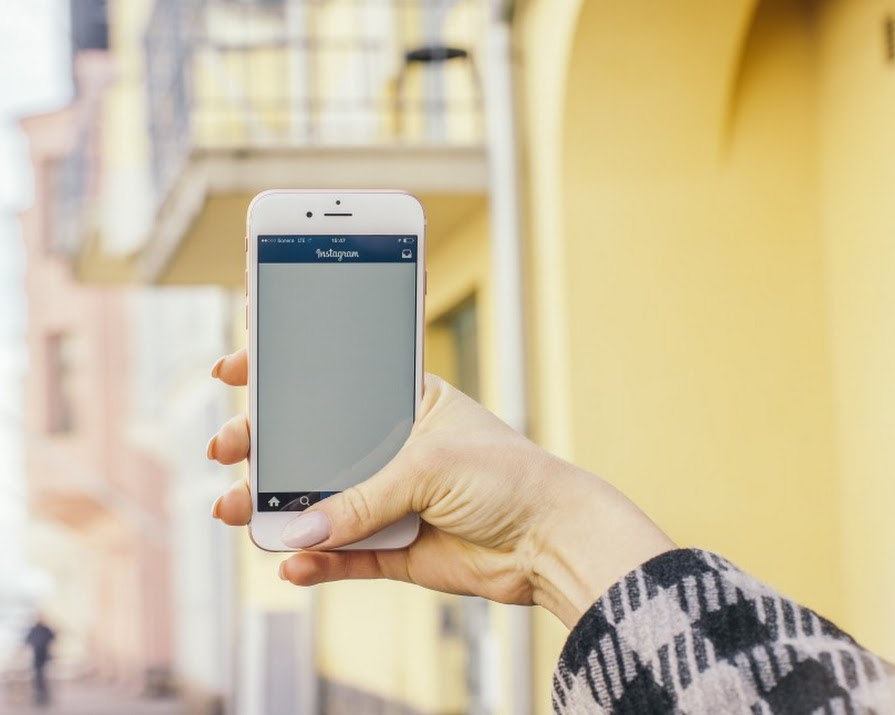
By Jennifer McShane
09th Aug 2016
09th Aug 2016
It is no secret that in today’s technology-driven society, we’re guilty of some serious?Nomophobia, otherwise known as a fear of being without our phones (there’s also what’s known as ?Phubbing?). The affliction has become so that researchers have officially termed it and come up with a study to see if you too are a sufferer. We’ve reported countless times about the unhealthy side effects of such an addiction; it has been linked to depression, increased anxiety, weight gain and much more. According to (alarming) statistics, people can check their phones as much as 300 times a day and for young people, the attachment to a phone is particularly’strong; 53 percent of those between the ages of 15 and 30?reported they would sooner give up their sense of taste than their smartphones.
Now, in the latest spate of research on the topic, a team set to find out if people with certain personality traits were more or less likely to become addicted to their smartphones.
“First, we discovered that a?low attention span and high impulsivity were related to smartphone addiction. If you have trouble concentrating on what’s in front of you and staying on task, you’re more likely to impulsively use your smartphone,” explained researcher James A. Roberts.
From the findings, they deducted that three specific personality traits influenced the degree of addiction to a device: moodiness, those who were extroverted and those who were seen to be materialistic.
“Moody or temperamental people are more likely to be addicted to their smartphones than their more stable counterparts,” Roberts explained. This is because these people may look for a combination of solace and distraction in their smartphones.
Next, those who were more outgoing found that a ‘sense of being connected? is a hugely important emotional drive behind smartphone use. So those who are deemed introverted and don’t feel this strong urge to always interact and engage with others might be less inclined to succumb to the smartphone, according to the study.
And finally, materialistic students reported being more dependent on their smartphones. Researchers surmise that this connection is apparent in impressionable young adults because they are constantly displaying and using their phones in public, and the brand of their smartphone becomes important; it tells their peers a lot about them and their place in society so they feel the need to be on the phones more.
Smartphone use has become a paradox, in one sense opening us to a wealth of information and connectivity, while on the other, enslaving us as we seek to obtain as much as possible.
What do you make of the findings?
Via TIME























